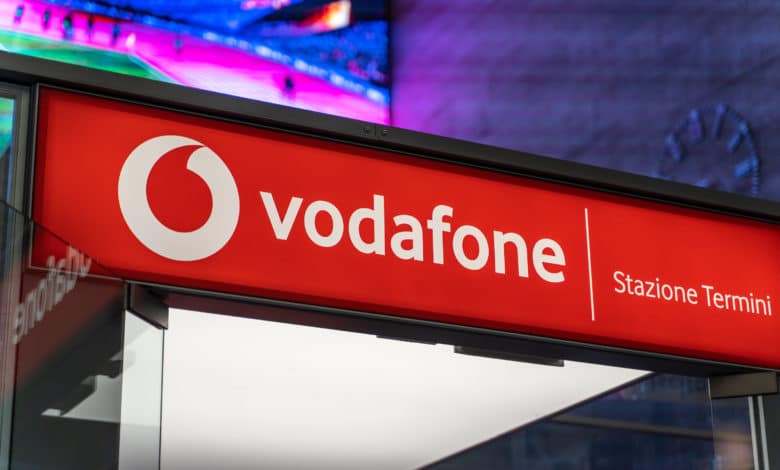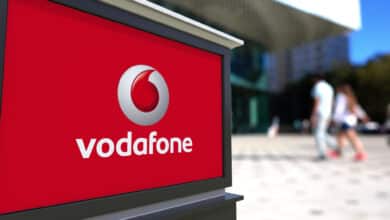
Vodafone is venturing into the network equipment business itself and intends to offer its own mobile communications hardware in the 4G and 5G networks in the future. From now on, the mobile operator no longer wants to rely on proprietary radio stations from Huawei, Ericsson or Nokia.
Vodafone Open RAN: Proprietary base stations in the 4G and 5G network
In the future, Vodafone will use its own base stations including software developed in-house for the radio stations in the 4G and 5G networks. The processors required for this are being developed jointly by Vodafone and Intel and come from facilities in Germany, Spain and the UK.
Communication between the Vodafone radio stations will take place in the Open Radio Access Network (Open RAN) initiative, which means that network operators are no longer necessarily tied to the use of radio stations from other providers such as Huawei, Ericsson and Nokia, which rely on proprietary software.
700 employees involved in Spain alone
Santiago Tenorio, director of network architecture at Vodafone, confirmed in an interview with Reuters that a 700-head team at the new Spanish research facility in Málaga is working on the proprietary radio technology. Over the next five years, the project can draw on a budget of 225 million euros.
Thrilling: Only 50 employees are working together with Intel on the processors, while the remaining 650 employees are taking care of software development.
Research is also being carried out on Vodafone’s own hardware for 4G and 5G networks in Newbury, UK. The mobile provider already operates an Open RAN Test and Integration Lab there. A smaller “skills hub” with about 200 employees is also to be built in Dresden, Saxony.
Vodafone is still using reference designs from Intel for the first base stations that will begin operations. They are based on the Intel Atom P5900 in the 10-nm process, including among others the CPU Atom P5962B with 24 processing cores.
However, as part of the Intel Foundry Services (IFS) used, Vodafone as a customer is able to have the chips adapted to its own needs and according to its own specifications. In the future, Vodafone will also use base stations with ARM and RISC-V processors.
Germany: Telefónica as a pioneer in Open RAN
However, this does not make Vodafone the first mobile operator in Germany to rely on Open RAN. Telefónica (O2) has according to its own statement already put the first Open RAN mini-radio cells into operation this year, in Munich.
They are inconspicuously integrated into the streetscape and cityscape and “allow every customer reliable access to a powerful 4G network in many public places, prospectively also 5G,” says Mallik Rao, Chief Technology & Information Officer of O2 / Telefónica Deutschland.



No replies yet
Neue Antworten laden...
Neues Mitglied
Beteilige dich an der Diskussion in der Basic Tutorials Community →